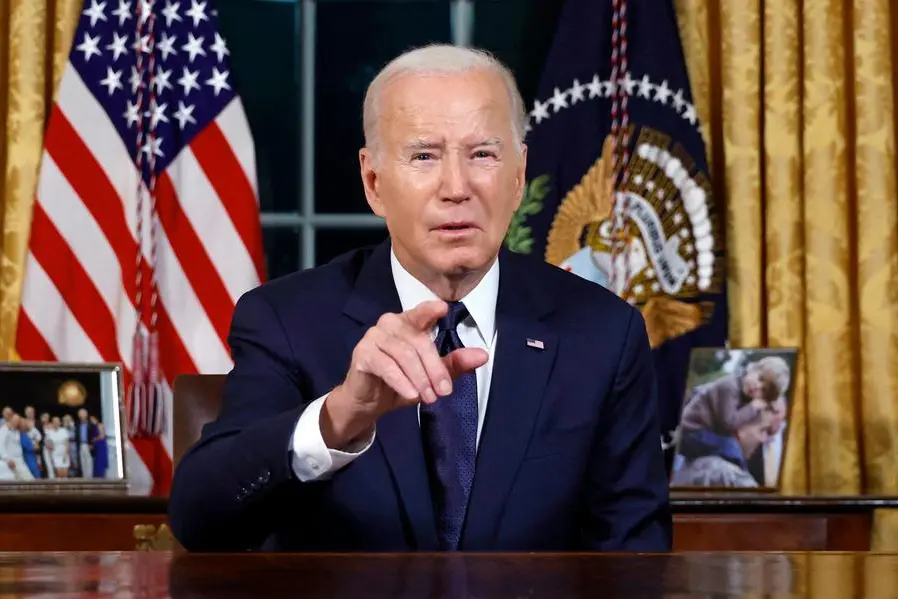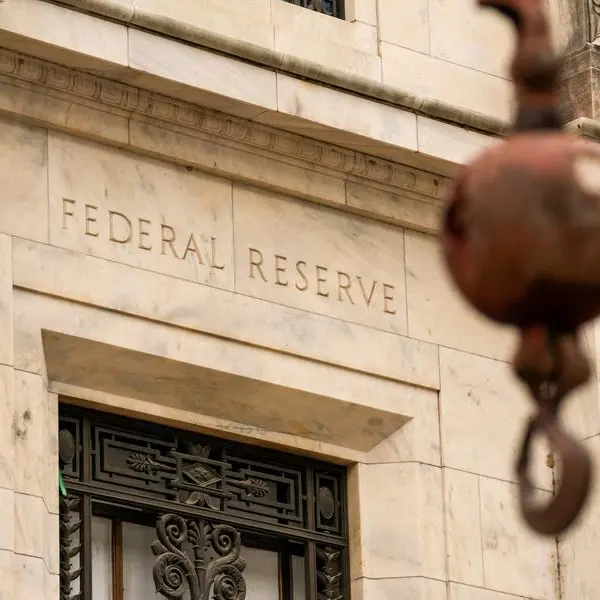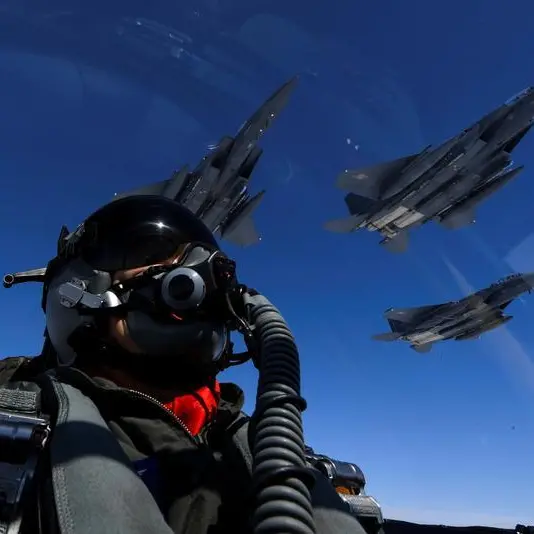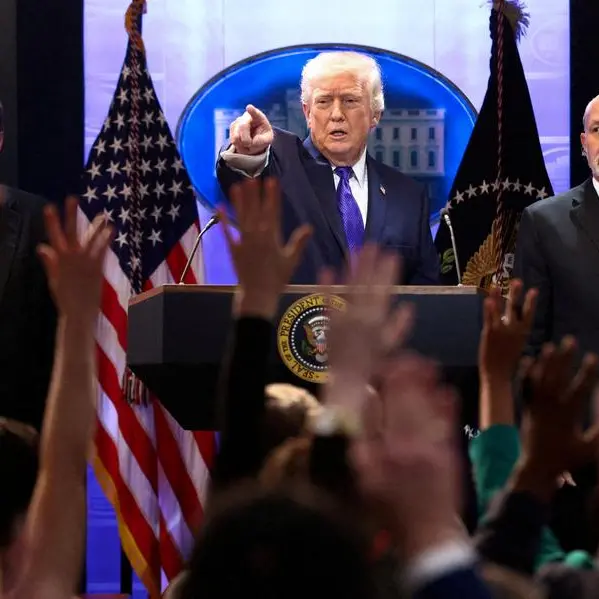PHOTO
President Joe Biden made an impassioned call for the United States to show global leadership by backing Israel and Ukraine, saying in a speech from the Oval Office Thursday that defeating Hamas and Russia was a vital US interest.
Biden, 80, said he would make an "urgent" request to Congress on Friday for funding to help Ukraine and Israel, arguing that this was an investment for the United States' future on the world stage for decades to come.
"American leadership is what holds the world together," Biden said in just the second primetime speech to the nation of his presidency from behind the historic Resolute Desk.
Hamas and Russian President Vladimir Putin "represent different threats, but they share this in common: They both want to completely annihilate a neighboring democracy," he added.
"We cannot and will not let terrorists like Hamas and tyrants like Putin win. I refuse to let that happen."
Fresh from a whirlwind trip to Israel this week, the Democratic president wants to win over war-weary voters and hardline Republicans as he ramps up his 2024 reelection bid.
His 15-minute speech was a call to Americans to overcome deep political divisions and unite behind support for two conflicts that he said posed a critical threat to the US despite being an ocean away.
- 'Beacon to the world' -
"We can't let petty partisan angry politics get in the way of our responsibility as a great nation," said Biden said, with the Stars and Stripes and a flag of the US presidential seal behind him.
"America is a beacon to the world. Still. Still," he said.
Biden also called for an end to a surge in both anti-Semitism and anti-Muslim prejudice in the United States, especially after the killing of a six-year-old Palestinian-American boy in an alleged hate crime linked to the Israel-Hamas conflict.
"To all of you hurting, I want you to know, I see you," he said. "You're all American."
The White House is said to be teeing up a huge request to Congress for a package of more than $100 billion. The package includes $60 billion for weapons for Ukraine and $14 billion for Israel, the New York Times reported.
It also includes $7 billion in security assistance for Taiwan and the Indo-Pacific region to counter threats from China, $14 billion for security on the southern US border with Mexico and $10 billion in humanitarian aid for conflict zones, it said.
Biden said the money was a "smart investment that's going to pay dividends for American security for generations."
Presidents traditionally reserve speeches from the solemn setting of the Oval Office for moments of key national significance.
Biden's only previous address from there was in June when he hailed a deal with Congress to avert what would have been a catastrophic US debt default.
- 'Appetite for power' -
But Congress has now been paralyzed for more than two weeks as divided Republicans, who hold the majority in the House, fail repeatedly to agree on electing a House speaker.
Hard-right Republicans, and a growing number of voters, are also strongly opposed to adding to the $43.9 billion in security assistance that the United States has committed to Ukraine since Moscow launched its full-scale invasion in February 2022.
Just before the speech, Biden spoke to Ukrainian President Volodymyr Zelensky, whom he visited on a top secret trip to Kyiv in February.
Zelensky welcomed the recent delivery of ATACMS long-range missiles from the United States, adding: "Ukraine is grateful for the vital and enduring US support."
In his speech, Biden took aim again and again at Russia's Putin, warning that "if we don't stop Putin's appetite for power and control in Ukraine, he won't limit himself just to Ukraine."
Biden will be hoping his strong tone on the Israel-Hamas war plays well with an eye on US voters where there is strong support for Israel -- even if leftwing Democrats oppose his stance.
In Tel Aviv on Wednesday, Biden backed Israel as it gears up for a ground invasion of Gaza after the October 7 attacks by Hamas which killed more than 1,400 people.
But he also brokered a deal to get some aid through Egypt into the Gaza Strip, where Israeli bombing since has killed at least 3,785 Palestinians, most of them civilians, according to the Hamas health ministry.
The threat of a wider Middle Eastern conflict meanwhile looms in the background.
The United States has already moved two aircraft carriers into the eastern Mediterranean to deter Iran or Lebanon's Hezbollah, both allies of Hamas, from getting involved.




















